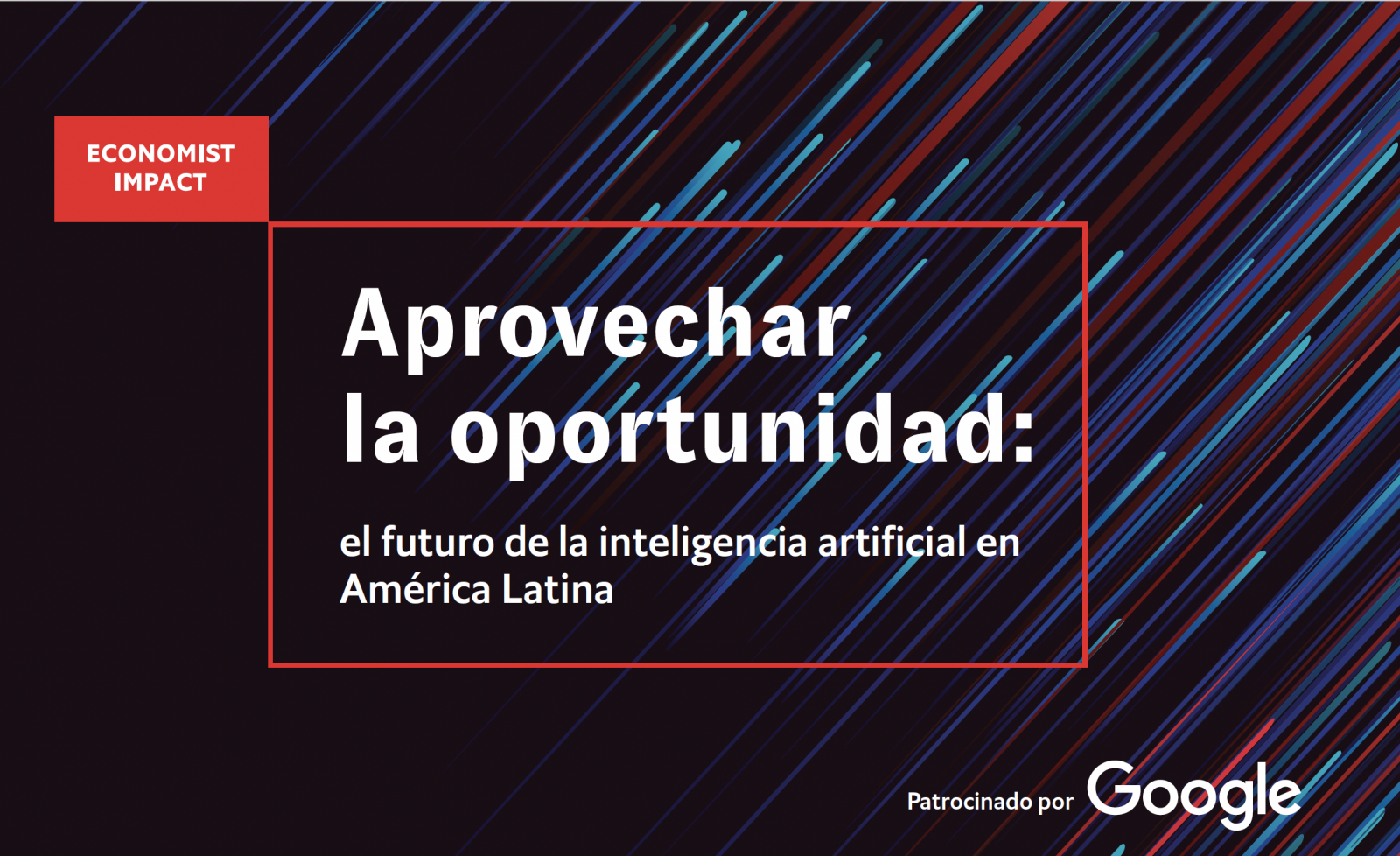As Latin America is looking to a post-covid future, this report examines the current state of AI in Argentina, Brazil, Chile, Colombia and Mexico and provides a high-level outlook for the next decade. Building on an interview programme with policymakers, business executives and academics, alongside desk research, this report explores AI investments, industry trends in the region, and the policy environment and challenges. The report concludes with a series of policy takeaways based on international good practice for policymakers looking to develop their AI ecosystems and capabilities.
Key findings include:
The proliferation of national AI strategies, expert councils and policy initiatives highlights the importance of AI to the Latin American region’s socioeconomic transformation. The AI strategies that have been published by Latin American countries to date all emphasise as their top priorities cultivating local talent, strengthening the technological infrastructure and ensuring that AI is deployed in a responsible manner. However, the region’s AI policy ecosystems is characterised by a high degree of policy discontinuity, with policy initiatives frequently being changed by new administrations, according to our expert interviews.
At the private sector level, the covid-19 pandemic has caused an unprecedented upsurge in private tech investment across the region, with venture-capital investments increasing more than threefold in the past year alone. Four economically important sectors stand out as most likely to gain from AI adoption in the Latin American countries focused on in the report:
- Use of AI in government services in Latin America has the potential to create opportunities for governments to solve some of the systemic challenges and inefficiencies that have been holding back the social and economic potential of LATAM. This has been recognised by countries in the region, with many mentioning the need to apply AI in public-service provision in their AI strategy documents
- The market for AI in health applications is forecast to grow by nearly 38% between 2019 and 2027, and the region already provides a number of healthtech success stories
- The number of agtech startups increased by more than 600% between 2005 and 2018. However, even though agriculture is one of the largest industries in the region, the amount of investment remains relatively low.
- The financial sector has received the largest share of investment, with approximately 40% of all investments going to fintech companies.
The biggest policy challenges facing the region include the infrastructural divide and the need to cultivate domestic talent.







